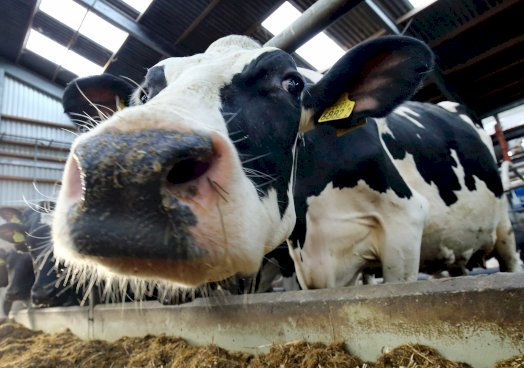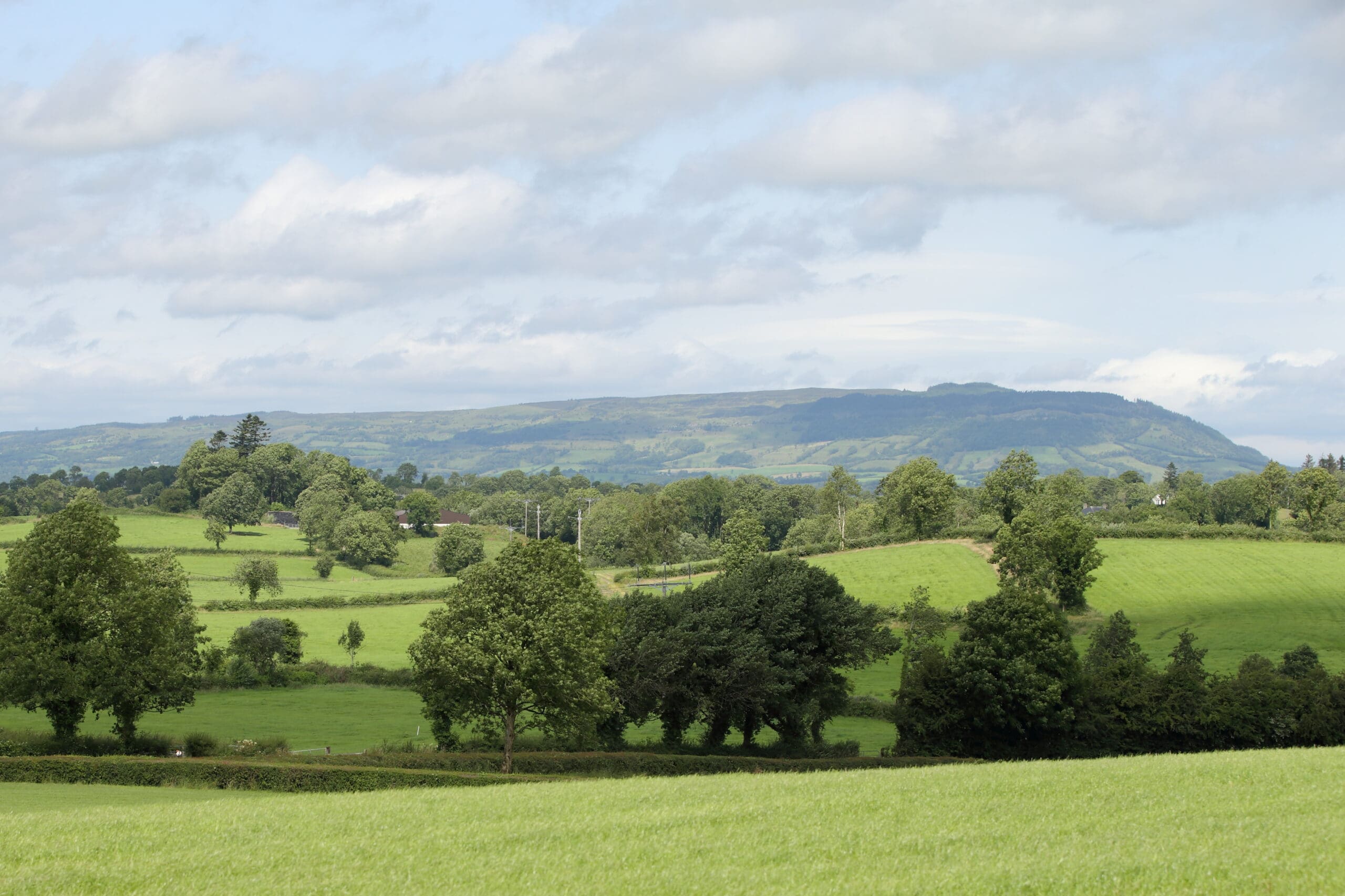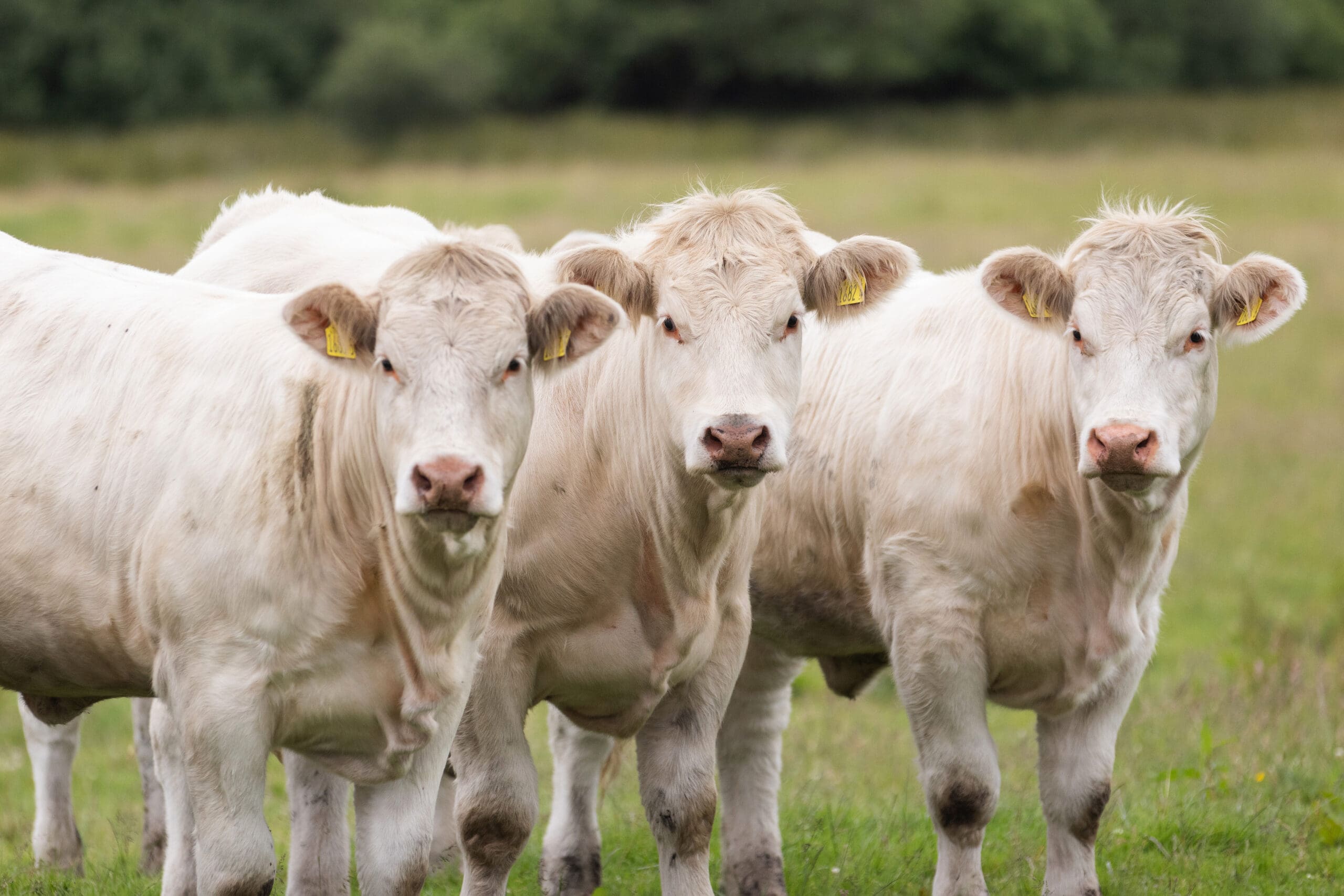
Commodity watch by Chris Osborne UFU senior policy officer
Sterling’s slide against both the US dollar and the euro following the ‘mini’ budget on 23 September will affect all farm sectors, but the focus of this week’s commodity watch is on the local dairy industry.
Why has the value of pound fallen?
The pound sterling is amid a ‘crisis’ according to some economists, with surging inflation, the fourth UK prime minister in six years, and borrowing set to increase. At one point last week, the pound was at $1.07 against the US dollar, having started 2022 at $1.35. The US dollar continues to find strength with their economy outperforming global competitors on the back of their efforts to tackle inflation (accelerated interest rate increases) backed up by energy self-sufficiency and domestic job creation.
Sterling was also weak against the euro, falling to a low of €1.09 on 26 September. It remains weak despite some slight recovery subsequently. Yet despite this, it illustrates the relative weakness of sterling, as the euro is itself suffering, with Russia pausing gas flow through the Nord Stream 1 pipeline, leading to spiking gas prices. This is creating concerns around reduced economic activity and increasing inflation due to gas reliance across the European Union.
What does that mean for trade and farmgate prices?
In theory, a falling pound will help UK exporters, with their traded product looking more attractive, and that in turn helps to keep the farmgate milk price up. It would be seen as a positive by those selling into Europe, as it meant they could get more pounds for their product.
Even in early September, European cheese buyers were paying £200/tonne more than UK retailers for cheddar. On this basis, the UK could become the shopping basket for European cheese suppliers. More cheese will go out of the UK and less cheese will be imported. Cheese stocks in the UK will become tighter, and this will inevitably push UK cheese prices higher.
What about farm input prices?
This is where the positives end.
A weaker sterling pushes up costs for many inputs, including machinery, fertillser (see below) and certain feed ingredients. Additionally, gas and oil prices are based on the strong US dollar, meaning the fall in the pound will add to already existing on-farm inflationary input price pressure. Wholesale oil markets are priced in dollars, which means that every barrel of oil gets more expensive for anyone buying in pounds.
On this basis, a weaker sterling and imports becoming more expensive, is a real risk for on-farm margins. We continue to be reliant on imported products. Consequently, a weaker sterling will mean more expensive fertiliser, with prices continuing to sit at very high levels.
What will the Chancellors U-turn mean?
Whether the abolition of the 45p rate is enough to alter the aftermath of sterling’s dramatic fall, we will have to wait and see. In the immediate aftermath of the news, the pound rallied and returned to pre mini budget levels. Yet it remains weak against key currencies and the consequences highlighted above will persist.
What has also happened is that the money markets responded by reducing their expectations of future interest rate rises. The relative recovery in the pounds fortunes will mean that any future interest rate increases may not as much as forecasted. That does not take away from the fact that those who have borrowed money will face higher repayment levels. The revised forecasts are indicating that interest rates will now eventually rise to 5.5/5.75% as opposed to 6%, a significant level after a long period of low interest rates.
Looking ahead
Despite this week’s rally for sterling much uncertainty remains. The country and the financial markets are waiting to see how future tax cuts will be funding and further volatility uncertainty will pray on the value of the pound.
Overall, the balance isn’t in the farmer’s favour, farm finances are likely to experience further pressure this winter if sterling remains weak and this is of course on the back of existing inflationary pressures in the industry.




